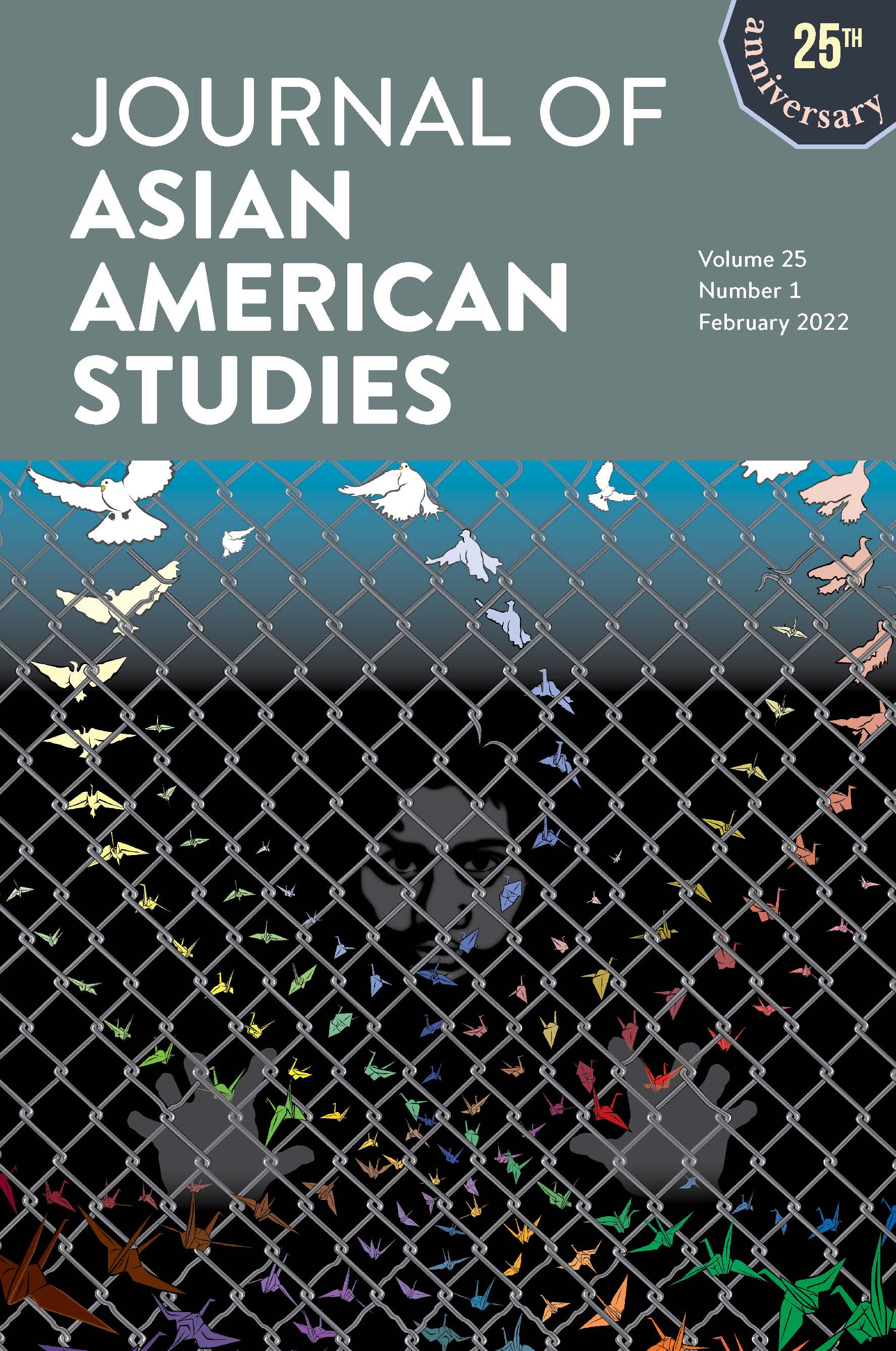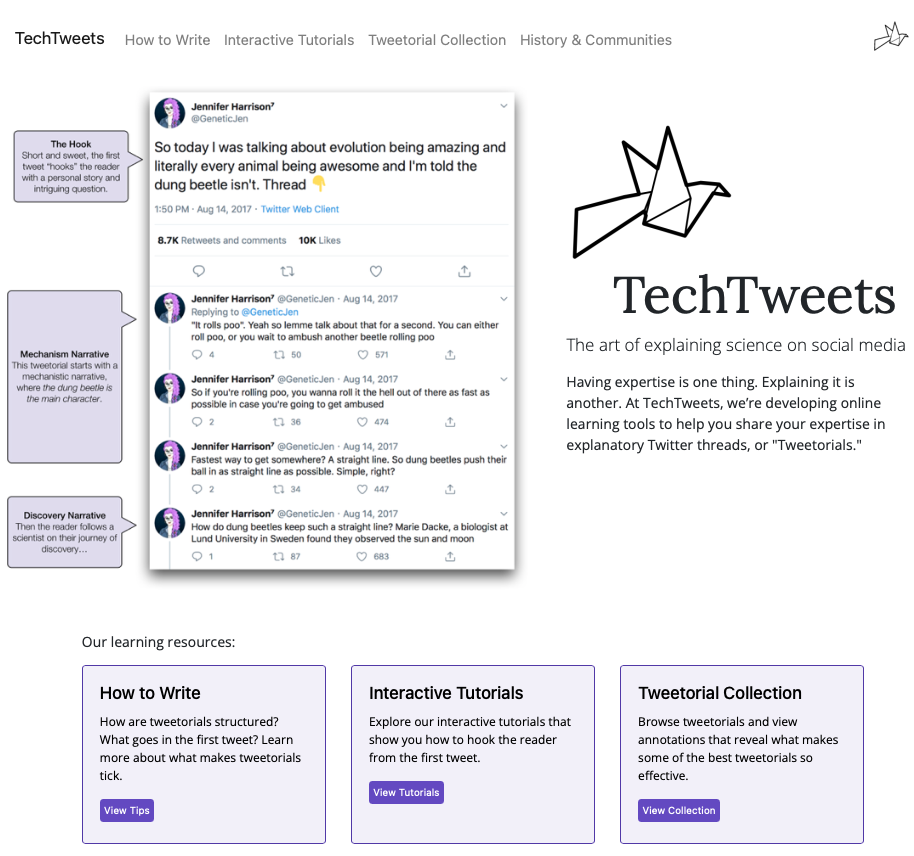Peer-Reviewed Articles

Cha Hak Kyung or Theresa Cha? The Linguistic Capital of Asian American Studies and the Transpacific Reception of Dictée
Journal of Asian American Studies 25, no. 1 (February 2022): 31-61. [doi] [pdf]
Abstract: This article traces Dictée’s divergent Korean and American receptions to argue that Asian American studies’ critique of US empire has been limited by its reliance on the linguistic capital of the English language in establishing its disciplinary identity. The author historicizes the field’s anglophone bias and offers new close-readings of Dictée, its Korean translation, Korean scholarship, and Theresa Hak Kyung Cha’s older brother John Cha’s memoir Farewell, Theresa, which has only been published in Korean translation, illuminating the possibilities that emerge when multilingual reading is treated not as an area studies tool for making legible a foreign site of inquiry but rather centered as essential to Asian Americanist critique.

What Makes Tweetorials Tick: How Experts Communicate Complex Topics on Twitter
Katy Gero, Vivian Liu, Sarah Huang, Jennifer Lee, and Lydia Chilton.
Proceedings of the ACM on Human-Computer Interaction (CSCW 2021): 26 pages. [doi] [pdf] [data] [site]
Abstract: People are increasingly getting information and news from social media. On Twitter we are seeing the emergence of "tweetorials" -- long, explanatory Twitter threads written by experts. In this work we study tweetorials as a form of science writing. While scientists have begun to champion the importance of Twitter as a science communication medium, few have studied how people are successfully using this medium to communicate complex and nuanced ideas. To understand how tweetorials work, we curated a collection of 46 clear and engaging tweetorials from multiple domains. We analyzed these tweetorials for the writing techniques that they employ, and found that while tweetorials use many traditional science writing techniques, they also use more subjective language, actively build credibility, and incorporate media in unique ways. In addition, we report on a workshop we ran to aid science PhD students in writing tweetorials, and find that while providing common tweetorial techniques improves their writing, the students still struggle to balance their scientific sensibilities with the informal tone associated with tweetorials. We discuss the implications of using informal and subjective language in science communication, as well as how technology can support scientists in writing tweetorials.